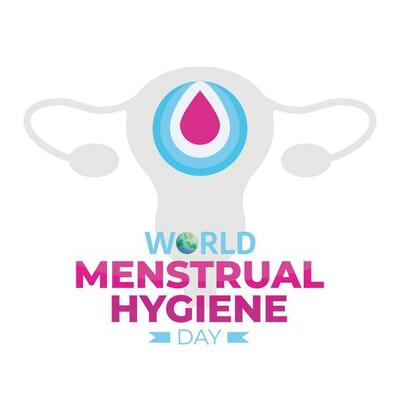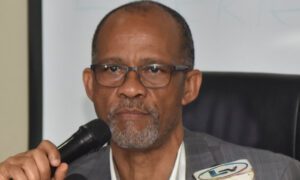
Lack of access to menstrual products, facilities is a violation of rights of women — CSOs warn
By Rauf Oyewole, Bauchi
Coalition of civil society organisations (CSOs) has said that period poverty, lack of access to menstrual products and facilities is a violation of the rights of women and adolescents to health, education and dignity.
Speaking during this year’s International Menstrual Hygiene Day, a coalition of the non-profit organisations whose interest cut across women, adolescents, children and health took to the Bauchi State Government to advocate for #UntaxMyPad.
The group which includes Women-for-Women International, Attah Sisters Helping Hand Foundation (ASHHF), Kairos Initiative, Child Is Gold Foundation, Alwadata Lifeline Initiative, CARD Initiative, SWOFON, NIWOREN, WOWICAN, LANGA, AIDCODE, Rotary Club Bauchi Centre among others said menstruation is a natural and essential part of life, yet it remains a topic considered a taboo in many cultures and societies.
“The silence and stigma surrounding menstruation have led to lack of access to proper menstrual hygiene facilities, products, and education affecting women and girls. It’s time to break the silence and advocate for menstrual hygiene and dignity.
“Research findings regarding the State of Menstrual Hygiene indicates that: 500 million women and girls worldwide lack access to menstrual products and facilities. 1 in 10 girls in Africa miss school due to lack of menstrual products.
“70 percent of women and girls in India use unhygienic materials during menstruation. Menstrual hygiene-related infections and illnesses are a significant public health concern.”
The group said that the consequences of poor menstrual hygiene include: Health complications, infections, toxic shock syndrome, and reproductive health issues.
They said that social and cultural stigma in menstruation is often seen as shameful or impure perpetuating harmful gender stereotypes. “Human rights violation: Lack of access to menstrual products and facilities is a violation of the rights of women and adolescents to health, education, and dignity.”
While speaking, Commissioner for Women Affairs and Child Development, Hajara Gidado reinstated the ministry’s commitment to the development of Bauchi children. She however pledged to collaborate with the CSOs and CEOs for effective operations.




